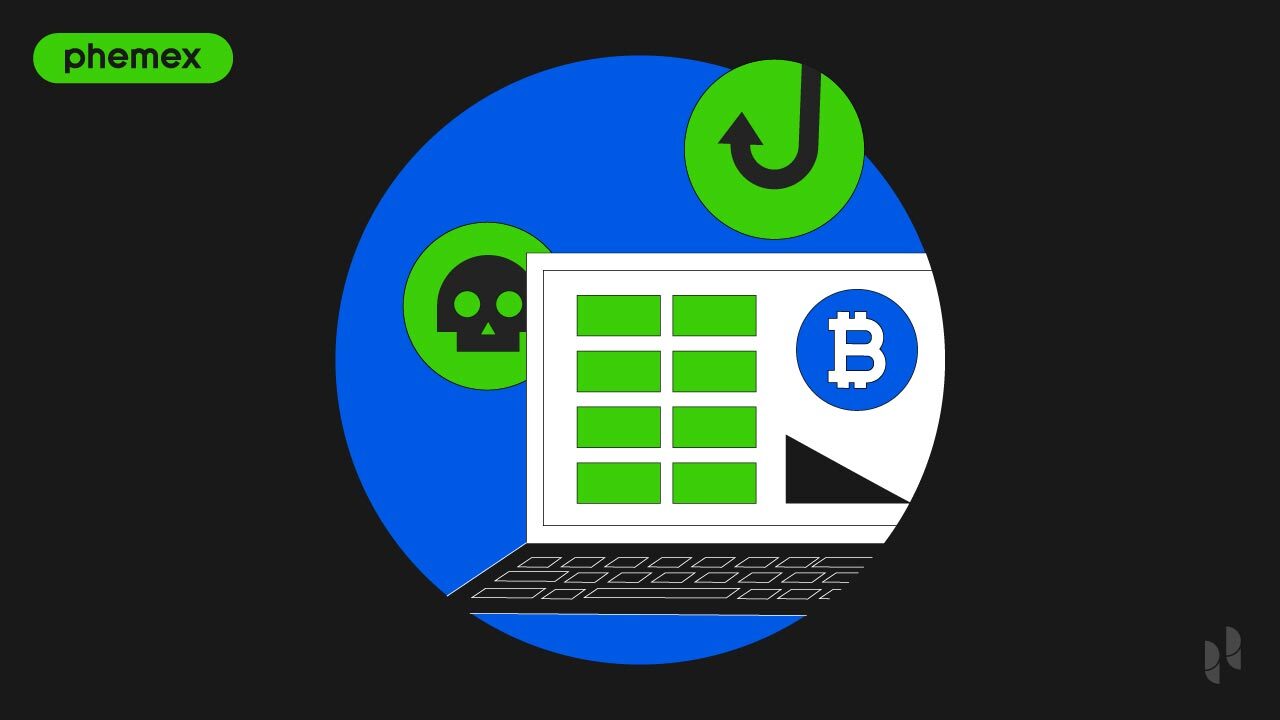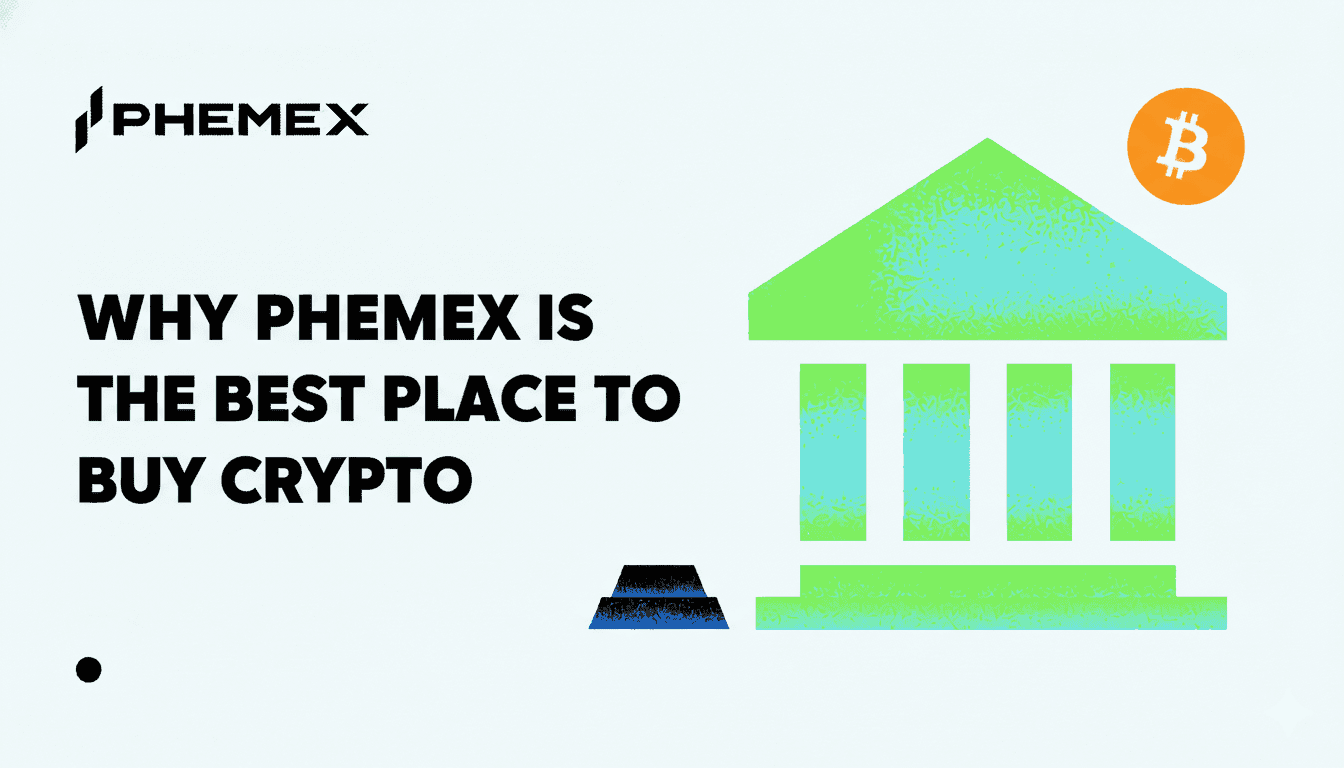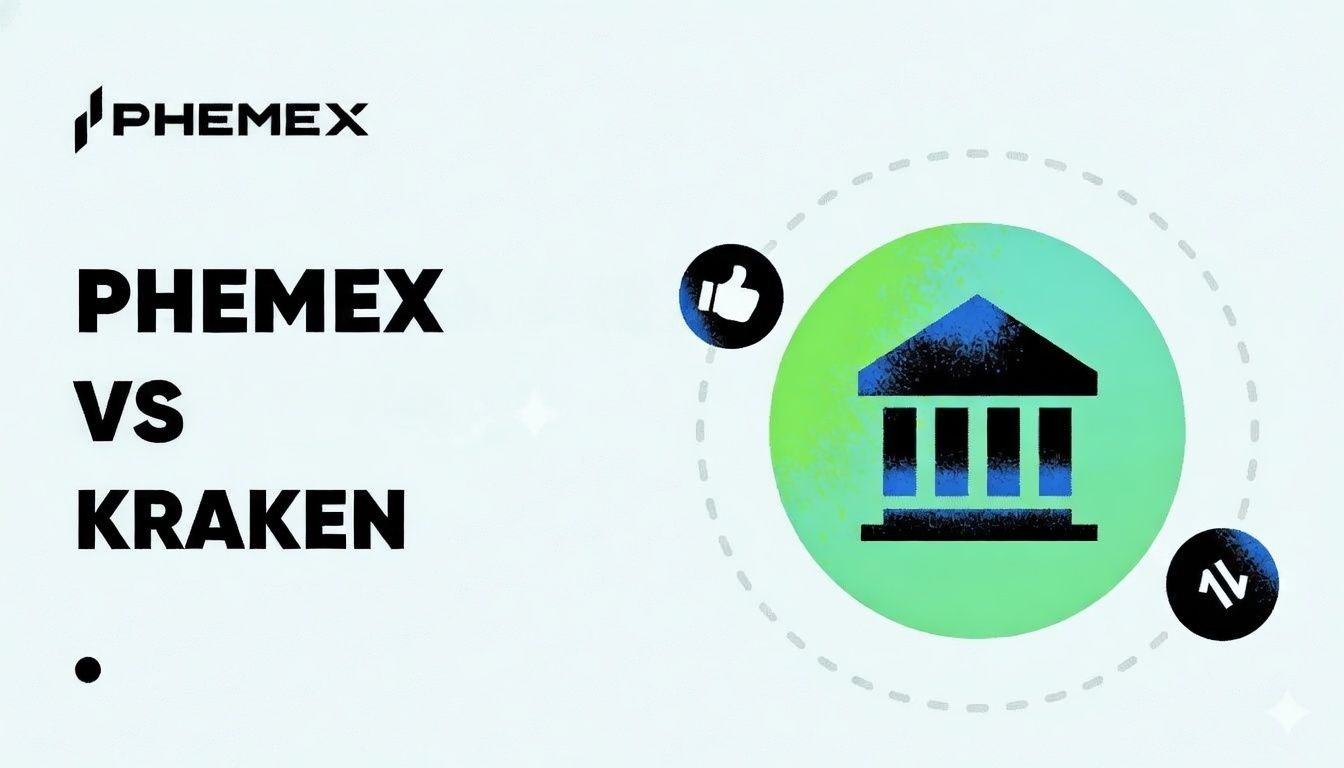Although cryptocurrencies and blockchain hold lots of promise, some kinks still need ironing out, and one of the most significant issues plaguing the industry are scams. There have been numerous reports of people being scammed through fake online investment sites and scam crypto exchanges. These sites promise incredible returns or other incentives to lure people in, but once the person deposits money onto the site, they disappear with the victim’s money.
According to a report by Chainanalysis, in 2021 alone, scammers took home a record of $14 billion in cryptocurrency.

How To Identify Bitcoin Scam Websites?
Malware downloads
Bitcoin is often used as bait to lure people into downloading malicious software that can infect their computers. So it’s important to be careful about any email attachments or links, as they can subsequently attempt to download a malware-laden app. Only click on links from sources that are trustworthy.
Websites that look “too good to be true”
When browsing potential investment opportunities, take a step back and assess the website. Does it look like someone made it in five minutes? Are there grammar and spelling errors? Is the design unprofessional? These are all red flags that should make you think twice before investing any money.
Another way to check if a website is legitimate is to see if it has a physical address, contact information, and customer service options. Many fake websites will have none of these things, as scammers try to remain anonymous.
Lack of transparency
An excellent way to tell if a website is legitimate is by seeing how transparent they are about their team, long-term goals, and roadmap. If they don’t have any of this information readily available, look for reviews about the company online. If you can’t find any, or find bad reviews calling it a scam, that’s another warning sign.

Bitcoin phishing impersonators
Though blockchain networks are generally decentralized, meaning no single entity can own the copyrights and branding to a cryptocurrency like Bitcoin, not everyone is aware of this. Impersonation is quite rampant on social media, and impersonating the Bitcoin brand itself is not uncommon. Furthermore, it’s also possible to emulate famous personalities related to cryptocurrencies and propagate scams through them.
These scammers will set up a fake social media account or website that looks very similar to an official page. They might even use the same logo and branding. The goal here is to trick people into thinking they are dealing with the real account when they actually aren’t. They entice the users to enter their private key or seed phrase onto the fake site, giving the scammers full access to the victim’s funds.
Besides impersonation, even legitimate accounts have been hacked and utilized to propagate scams. In 2020, the Twitter accounts of various celebrities and political leaders, including Elon Musk, Bill Gates, Jeff Bezos, Barack Obama, Warren Buffett, and more, were hijacked, offering users a way to double their investment by sending funds to help with COVID19 relief efforts. Over 130 accounts, including brands like Apple, Uber, and CashApp, were affected by this social engineering attack.
Bitcoin-flipping scams
These scams often claim to provide a service that instantly exchanges your Bitcoin for money, but only after paying an initial startup fee, all while promising to double your initial investment. The scammer will usually require you to send them your coins first, claiming they will send back double the amount. Of course, you’ll probably never hear from them again once the money has been sent.
Bitcoin pyramid schemes
These scams are usually challenging to recognize, relying heavily on yield investment programs and multi-level marketing (MLM). Though not illegal everywhere, MLM projects reside in an ethical gray zone, where a low investment can be multiplied by signing additional members up through referral links.
This can quickly turn into an endless cycle where everyone tries to make money off each other without anyone generating anything valuable. Ultimately the scammer disappears, and the pyramid collapses.
Examples Of Known Bitcoin Scam Websites
Fake Cryptoassets: My Big Coin
In early 2018, My Big Coin (MBC) lured investors into sinking an alleged $6 million under the pretense of an utterly fake currency. It was later sued by the US Commodity Futures Trading Commission according to a case filed by the CTFC. My Big Coin did this by transferring customer funds into personal bank accounts and then using them for personal expenses, including purchasing luxury items. Randall Crater, the founder of My Big Coin, was later arrested while the lawsuit was claimed to be one of the first in American history.
Bitcoin Ponzi Schemes: Bitcoin Savings & Trust, Mining Max, & BitClub
Bitcoin Savings & Trust
Trendon Shavers operated this ponzi scheme which grew into one of the most infamous fraud cases involving a fake ICO (Initial Coin Offering). An ICO is where new projects sell their tokens to raise funds. Investors in BS&T were promised high returns of ~7% per week. However, more than 265,000 Bitcoin were stolen. Trendon Shavers was later ordered to pay $40 million in fine and was sentenced to nearly two years in prison.
Mining Max
The South Korean website Mining Max was not registered with the US’s SEC, however, the website promised investors daily ROI in exchange for an investment and a commission for getting other people to invest. To put this into perspective, the website asked people to invest $3,200 for daily ROI over two years and $2,000 commission for every personally recruited investor.
BitClub
BCN was a highly sophisticated scam that made more than $722 million across five years (between April 2014 and December 2019). Customers were asked to invest in BCN’s mining technology, and the project claimed to give investors a share of the Bitcoin profits.
In 2019, the US government arrested a group running the BitClub Network (BCN) scam. The idea was that once you paid $99 for the joining fee and $500 to join a mining pool, you could relax and earn rewards. However, BCN did not mine the Bitcoin that it advertised and instead provided fake mining data to investors.
Fake Bitcoin exchanges: BitKRX
BitKRX was a fake Bitcoin exchange in South Korea. In 2017, the exchange falsely claimed to be a branch of the legitimate Korean exchange KRX and KOSDAQ (trading board of KRX). Users gradually started reporting stolen money after noticing the Bitcoin they had purchased disappearing mysteriously. There are no additional details on how the crypto assets were stolen.
Malware and Viruses: Cryptocurrency Clipboard Hijackers
The Cryptocurrency Clipboard Hijackers is one great example of a malware scam where the creators stole at least $24 million in cryptocurrency by taking over a victim’s clipboard. Here, the attacker monitored the victims’ clipboards for specific content like wallet addresses and private keys and then used that information to steal funds.
Bitcoin Gold Scam: mybtgwallet.com
While Bitcoin Gold was a legitimate operation, scammers created a website that looked genuine called mybtgwallet.com, which offered users the ability to create Bitcoin Gold (BTG) wallets. This project scammed investors out of $3.2 million in 2017, using links that appeared to take them to the legitimate Bitcoin Gold website to get investors to share their private keys. Here is an older image from the website. The representatives of Bitcoin Gold also issued a statement on the scam.

Common Types Of Crypto Scam Websites
Apart from the scams mentioned above, there are other types of cryptocurrency scams that are popular in the space. Some of these include:
DeFi cryptocurrency rug pulls
DeFi protocols have become popular among developers and investors looking to make a quick profit. However, some of these projects have turned out to be rug pulls. Once the investors have enough capital from early investors and promises of future growth, the team behind the project absconds with all the money, without ever planning to make good on their promises.
Social media and fake apps or websites
Scammers often use social media platforms to spread fake news and announcements to lure new investors. They steal information by creating fake profiles, running advertisements with offers that involve paying them money or cryptocurrencies, cashback offers through phony shopping websites, and more.
SIM swapping scams
SIM hijacking or SIM jacking scams are another way for scammers and hackers to access your crypto wallet’s funds. They acquire personal information like your email address, phone number, and even your home address through social media platforms before identifying your wireless phone service provider and transferring your number to another SIM. This leads to them getting access to your crypto wallet and draining funds.
How To Avoid Bitcoin Scam Websites?
Now that you know about some of the most popular scams, you might be wondering how you can avoid being scammed yourself. Here are a few tips:
Be aware of fake news and announcements: Scammers often spread rumors or make false announcements about projects to entice investors. Do your own research and only invest in projects you’re confident about.
Check the website’s URL: Be sure to check if the website’s URL is legitimate and not a spoofed version of an actual website. Also, make sure your connection to the website is secured using HTTPS and not just HTTP, and be on the lookout for websites with SSL certificates as they’re more likely to be legitimate.
Avoid clicking on links from unknown sources: Be wary of clicking on links from unknown or untrustworthy sources as they may be malicious. If you’re unsure about a website, do a quick Google search to see if there have been any reports about it being a scam.
Be wary of giving out personal information: Be careful about giving out personal data like your home address, email, or phone number to anyone online. Scammers can use this information to steal your identity or access your accounts.
Research the project: Before investing in any cryptocurrency project, make sure to do your own research. Check the team members and their backgrounds, read the white paper, and look for reviews from other investors.
Use trusted wallets and exchanges: When it comes to storing your cryptocurrencies, always use a trusted and well-known wallet or exchange. These will have better security measures to protect your funds from being hacked.
The Bottom Line
Cryptocurrencies are a risky investment, and as their utility grows, so too will opportunities for scammers to make a quick buck. However, there are ways to minimize the risks, and by taking precautions and being aware of the types of scams that are out there, you can make sure you don’t become a victim yourself.









